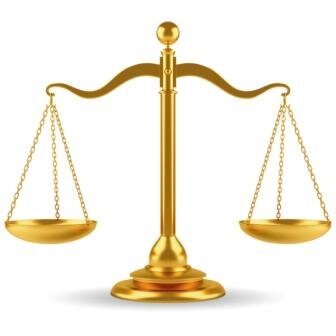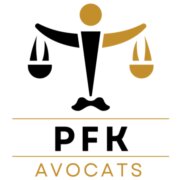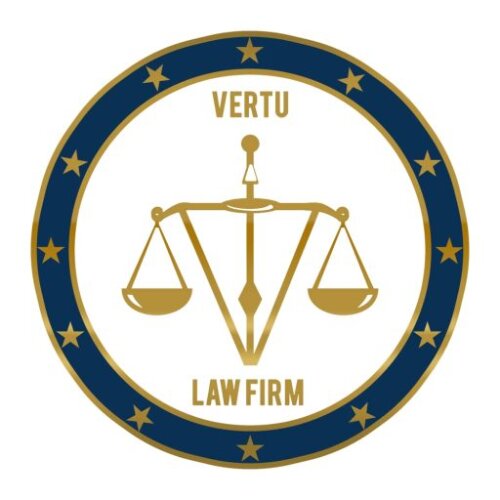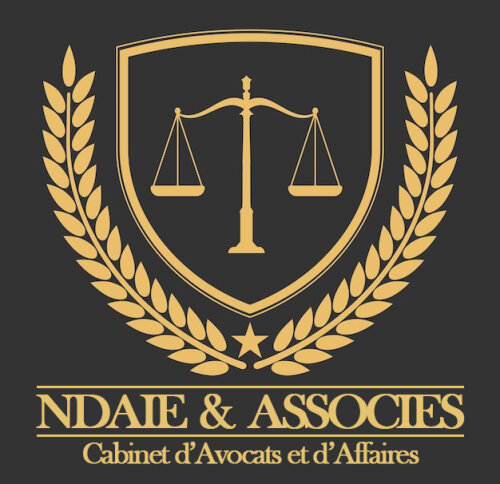Best Tax Lawyers in Lubumbashi
Share your needs with us, get contacted by law firms.
Free. Takes 2 min.
List of the best lawyers in Lubumbashi, DR Congo
About Tax Law in Lubumbashi, DR Congo
The tax law in Lubumbashi, as in other parts of the DR Congo, is complex due to the various levels of taxation including national, provincial, and local levels. The Congolese tax system is heavily focused on indirect taxes, with Value Added Tax (VAT), customs duties, and excise taxes being of significant importance. It also includes direct taxes such as the professional tax, real property tax, and the income tax.
Why You May Need a Lawyer
Given the complexity of tax law in Lubumbashi, you may require a lawyer for a better understanding, interpretation, and compliances. Lawyers can provide guidance on tax planning and reduction strategies, assist in dispute resolution with tax authorities, and represent you in case of audits or legal proceedings. If you are a non-resident or a foreign company operating in Lubumbashi, it's even more crucial to get a tax lawyer to ensure compliance with local tax laws.
Local Laws Overview
The Congolese tax law follows a territoriality principle. This implies that only income sourced in DR Congo is subject for taxation. The principle taxes affecting businesses in Lubumbashi include the turnover tax, income tax, property tax, payroll taxes, and customs & excise taxes. There is also a specific tax regime for mining sectors due to the significant role it plays in Lubumbashi's economy. Different penalties are imposed for non-compliance, ranging from fines to imprisonment, which further emphasizes the need for proper understanding of tax obligations.
Frequently Asked Questions
What are the tax obligations for corporations in Lubumbashi?
The main taxes for corporations are Corporate Income Tax (CIT), VAT, payroll taxes and sometimes specific sector taxes. CIT is levied on net profits at the rate of 35%. VAT is imposed on goods and services at the standard rate of 18%.
How is income tax calculated for individuals?
The individual income tax in Lubumbashi (and DR Congo) is progressive with rates ranging from 0 to 40% based on income levels.
What legal consequences can non-compliance attract?
Non-compliance to tax laws in DR Congo can lead to penalties ranging from fines to imprisonment, depending on the severity of the violation.
Are there any double tax treaties in place?
DR Congo has a few double tax treaties in place to avoid double taxation for foreigners. It's important to check whether your home country has such a treaty with DR Congo.
What are the tax implications for non-residents?
Non-residents in Lubumbashi are only taxed on their Congolese-sourced income. The rates depend on the type of income.
What does VAT apply to?
VAT in DR Congo is effectively a general consumption tax and applies to most goods and services sold for consumption in the country.
What are the deadlines for tax filing and payment?
The tax year in DR Congo is the calendar year. The deadline for income tax submission and payment is usually March 31 of the following year, but dates can vary depending on specific taxes.
Can tax laws and regulations be disputed?
Yes, if you believe there are errors in your tax assessments or penalties, you have the right to dispute these. In such cases, a tax lawyer can be of immense help.
What is the role of the General Directorate of Taxes?
The General Directorate of Taxes (DGI) is responsible for administration and enforcement of tax laws, and they deal with collection of national taxes, duties and fees.
What kind of tax incentives exist for businesses in Lubumbashi?
There are several tax incentives for investment available under the Congolese Investment Code, which includes exemption from import duties on equipment and materials among others.
Additional Resources
Besides hiring a lawyer, additional resources such as the DR Congo's General Directorate of Taxes and the Congolese Investment Promotion Agency can provide valuable information. Furthermore, understanding the Congolese Investment Code and the General Tax Code can be helpful.
Next Steps
For queries or legal advice on tax laws in Lubumbashi, consider consulting a tax lawyer. Make sure to gather all relevant documents and information related to your situation. It is essential to act promptly, especially if there are deadlines or penalties involved.
Lawzana helps you find the best lawyers and law firms in Lubumbashi through a curated and pre-screened list of qualified legal professionals. Our platform offers rankings and detailed profiles of attorneys and law firms, allowing you to compare based on practice areas, including Tax, experience, and client feedback.
Each profile includes a description of the firm's areas of practice, client reviews, team members and partners, year of establishment, spoken languages, office locations, contact information, social media presence, and any published articles or resources. Most firms on our platform speak English and are experienced in both local and international legal matters.
Get a quote from top-rated law firms in Lubumbashi, DR Congo — quickly, securely, and without unnecessary hassle.
Disclaimer:
The information provided on this page is for general informational purposes only and does not constitute legal advice. While we strive to ensure the accuracy and relevance of the content, legal information may change over time, and interpretations of the law can vary. You should always consult with a qualified legal professional for advice specific to your situation.
We disclaim all liability for actions taken or not taken based on the content of this page. If you believe any information is incorrect or outdated, please contact us, and we will review and update it where appropriate.















